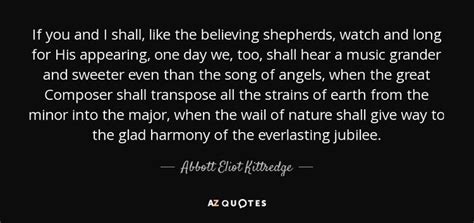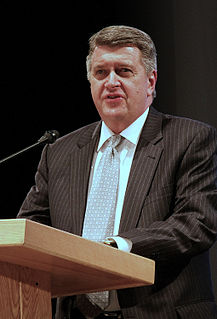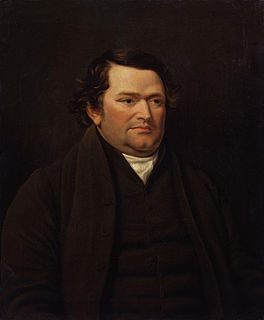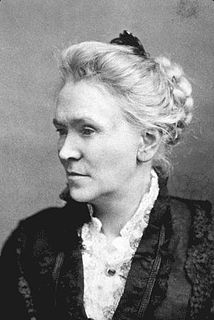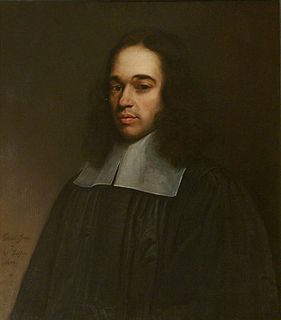A Quote by J. C. Ryle
If Christianity is a mere invention of man, and not a supernatural, divine revelation, how is it that it has wrought such a complete alteration in the state of man kind?
Related Quotes
She was in that highly-wrought state when the reasoning powers act with great rapidity: the state a man is in before a battle or a struggle, in danger, and at the decisive moments of life - those moments when a man shows once and for all what he is worth, that his past was not lived in vain but was a preparation for these moments.
There were periods in Islamic history when things like apostasy and blasphemy were made punishable. So you know it kind of depends - there's no argument, quite apart from the question of the divine or otherwise nature of the Qur'an, that huge swathes of Islamic law are man-made. Clerics here - in maintaining their power, will often try to elide that and say "Well no, actually this isn't man-made at all. Stoning is part of the divine revelation." It isn't in the Qur'an but the way this has been done over the years is to take the Hadith.
Christianity is no mere scheme of doctrine or of ethical practice, but is instead a kind of miracle, a power out of nature and above, descending into it; a historically supernatural movement on the world, that is visibly entered into it, and organized to be an institution in the person of Jesus Christ.
The mere man of pleasure is miserable in old age, and the mere drudge in business is but little better, whereas, natural philosophy, mathematical and mechanical science, are a continual source of tranquil pleasure, and in spite of the gloomy dogmas of priests and of superstition, the study of these things is the true theology; it teaches man to know and admire the Creator, for the principles of science are in the creation, and are unchangeable and of divine origin.
In the same way a Christian is not a man who never goes wrong, but a man is enabled to repent and pick himself up and begin over again after each stumble--because the Christ-life is inside him, repairing him all the time, enabling him to repeat (in some degree) the kind of voluntary death which Christ Himself carried out." - Mere Christianity

